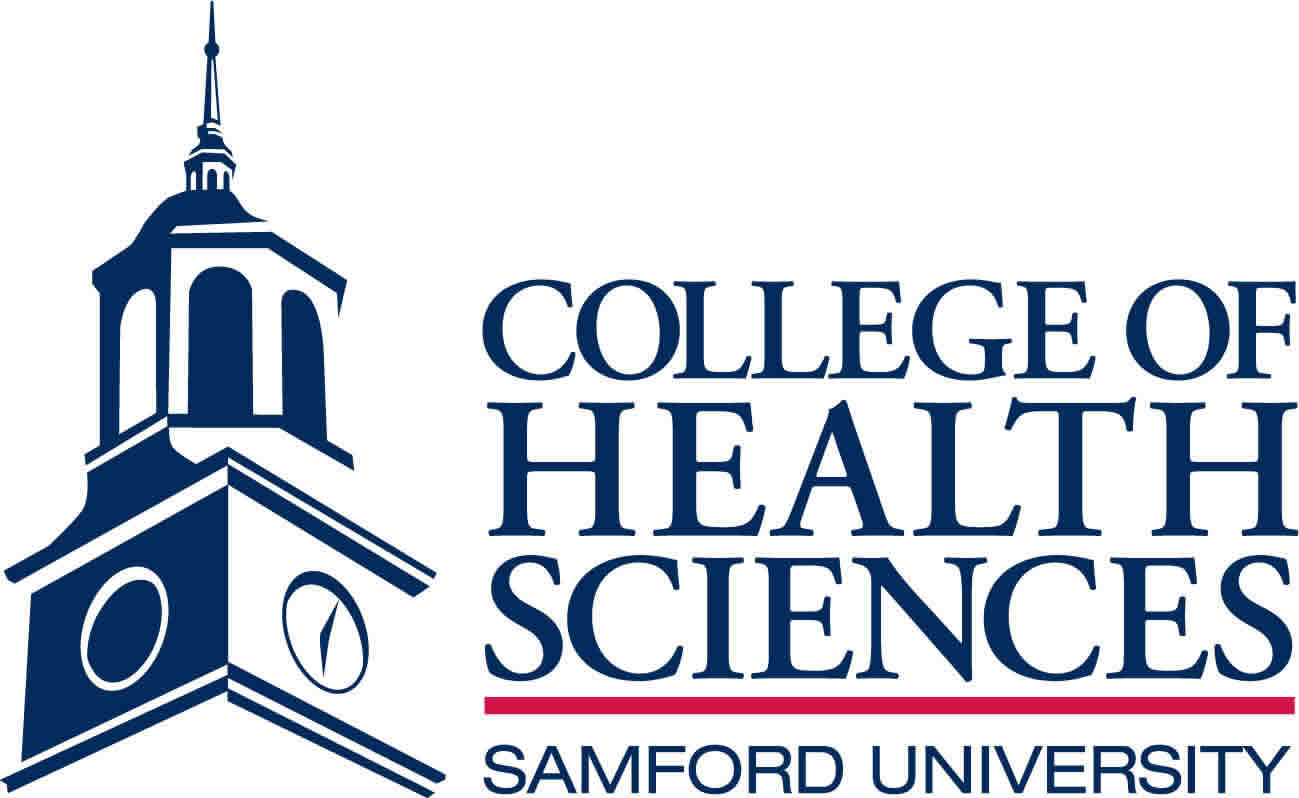
In one of the most far-reaching academic changes in recent history, Samford University's board of trustees executive committee gave preliminary approval Feb. 26 to a new College of Health Sciences, effective with the 2013-14 academic year.
The new college, when fully developed, will include the existing Ida V. Moffett School of Nursing and McWhorter School of Pharmacy, as well as two new units: a School of Health-Related Professions and a School of Community and Public Health. The department of kinesiology and nutrition science, currently housed in the Orlean Bullard Beeson School of Education and Professional Studies, will move to the new college as part of the School of Health-Related Professions.
In proposing the new academic unit, Samford President Andrew Westmoreland noted that it brings together three of the university's strongest and most popular academic programs - nursing, kinesiology and pharmacy - and opens new doors for Samford to expand professional training in other health-related fields. Almost one-third of Samford's undergraduate and graduate/professional program students already are studying in health-related fields, including pre-professional programs for medicine, dentistry, optometry, pharmacy and veterinary medicine.
Westmoreland said trustee endorsement of the concept is the "first step toward placing the proposed programs within our regular framework for review and approval." Other details about the new college still are being finalized, including potential new majors and degrees. The university is exploring collaborative opportunities within existing Samford academic programs, as well as emerging opportunities in the rapidly changing health-care field. Implementation will be a multi-year process.
"Given Samford's longstanding commitment to prepare students for meaningful lives of service to God and humankind, a College of Health Sciences fits easily within our mission," he added. The proposed college will result in "a comprehensive academic unit that combines the resources, talents and energy of existing health-related programs within Samford in a manner that will best serve the university in the future."
Samford Provost and Executive Vice President J. Bradley Creed also announced that Nena F. Sanders, the current nursing dean, will assume a new role as vice provost and will oversee planning for and implementation of the new College of Health Sciences. Sanders will continue as nursing dean, at least during the time of planning and implementation.
Sanders joined the Samford faculty in 1999 and became dean in 2001. She earned her doctor of science in nursing degree at the University of Alabama-Birmingham. Previously, she served as president of Strategic Dynamics, Inc., a health-care consulting practice, and on the faculty at UAB. As dean, she has led Samford's nursing school in unprecedented growth, adding graduate programs and expanding facilities to include state-of-the-art clinical classrooms.
"Without her vast knowledge of the anticipated needs in health care over the next two decades, her contacts in the field, and her detailed understanding of curricular and staffing needs, it would be impossible for us to consider this undertaking," Westmoreland said.
Sanders noted that the trend in higher education is to establish a College of Health Sciences to meet market demand for health-care professionals and to maximize shared resources across schools and programs, among other objectives. The new college also can provide increased visibility for Samford as a "major educational entity that is playing a significant role in preparing health professionals for the future," she added.
Many health-care organizations are promoting interprofessional and interdisciplinary training, Sanders said, and the new College for Health Sciences provides that framework for Samford. The new college also has the potential to touch every existing academic unit on campus.
A new Center for Faith and Health also is proposed as part of the College, providing a model for "interprofessional practice, scholarship and service that focuses on faith, health, end of life and ethics," Sanders said. The center would provide a framework for faith and health initiatives already in existence at Samford and new opportunities globally.
Creed said that Charles Sands III would continue to serve as pharmacy school dean. Additional administrative leadership roles and faculty needs in the new College of Health Sciences will be determined in the months ahead.
Samford has a decades-long history of providing degree programs in health-related fields. The pharmacy program began in 1927. In 1973, Samford absorbed the nursing school, which was founded in 1922, from Birmingham's Baptist Health System and began offering bachelor's degrees. Graduates from the two programs consistently score at or near 100 percent on required certification programs.
"Rapid changes within the marketplace today compel us to adapt in ways that we previously would have found difficult," Westmoreland said. "Under even our most conservative projections, the additional enrollment encompassed by the College of Health Sciences will help in a significant way to provide a margin of financial stability for Samford."
